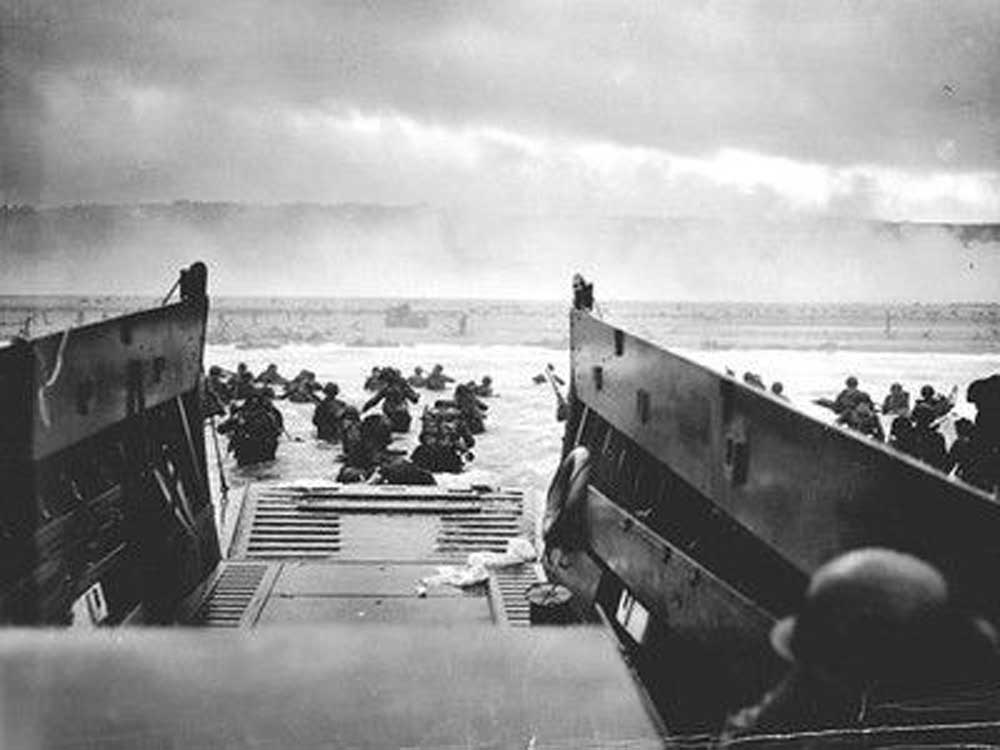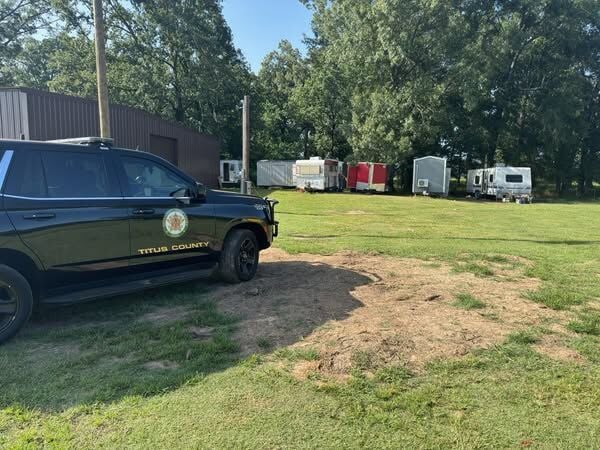Ernie Pyle witnessed D-Day’s human toll
Published 4:29 pm Friday, June 3, 2016

- AP
Editor’s Note: There is no more fitting recognition of today’s historical anniversary than war correspondent Ernie Pyle’s firsthand accounts of D-Day. We offer portions of the column he sent back to the states from the shores of Normandy, with his impressions of the day following the assault.
NORMANDY BEACHHEAD – I took a walk along the historic coast of Normandy in the country of France.
It was a lovely day for strolling along the seashore. Men were sleeping on the sand, some of them sleeping forever. Men were floating in the water, but they didn’t know they were in the water, for they were dead…
The wreckage was vast and startling. The awful waste and destruction of war, even aside from the loss of human life, has always been one of its outstanding features to those who are in it. Anything and everything is expendable. And we did expend on our beachhead in Normandy during those first few hours…
For a mile out from the beach there were scores of tanks and trucks and boats that you could no longer see, for they were at the bottom of the water – swamped by overloading, or hit by shells, or sunk by mines. Most of their crews were lost…
On the beach itself, high and dry, were all kinds of wrecked vehicles. There were tanks that had only just made the beach before being knocked out. There were jeeps that had been burned to a dull gray…
In the water floated empty life rafts and soldiers’ packs and ration boxes, and mysterious oranges…
On the beach lay, expended, sufficient men and mechanism for a small war. They were gone forever now. And yet we could afford it.
We could afford it because we were on, we had our toehold, and behind us there were such enormous replacements for this wreckage on the beach that you could hardly conceive of their sum total. Men and equipment were flowing from England in such a gigantic stream that it made the waste on the beachhead seem like nothing at all, really nothing at all…
But there is another and more human litter. It extends in a thin little line, just like a high-water mark, for miles along the beach. This is the strewn personal gear, gear that will never be needed again, of those who fought and died to give us our entrance into Europe…
Here are toothbrushes and razors, and snapshots of families back home staring up at you from the sand. Here are pocketbooks, metal mirrors, extra trousers, and bloody, abandoned shoes…
Always there are dogs in every invasion. There is a dog still on the beach today, still pitifully looking for his masters…
He stays at the water’s edge, near a boat that lies twisted and half sunk at the water line. He barks appealingly to every soldier who approaches, trots eagerly along with him for a few feet, and then, sensing himself unwanted in all this haste, runs back to wait in vain for his own people at his own empty boat.






